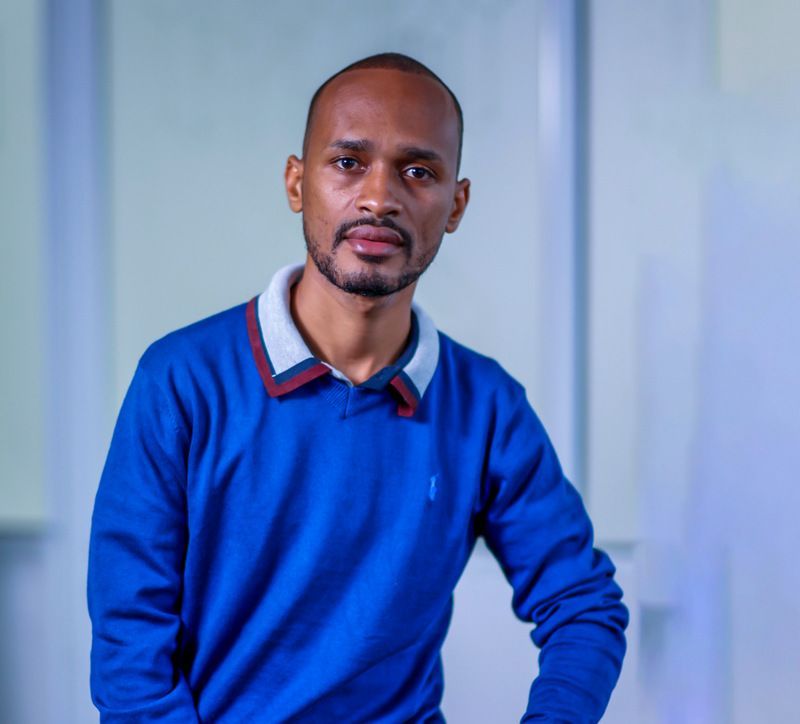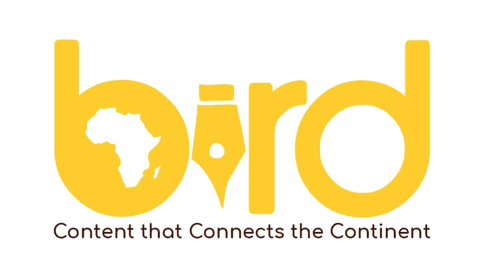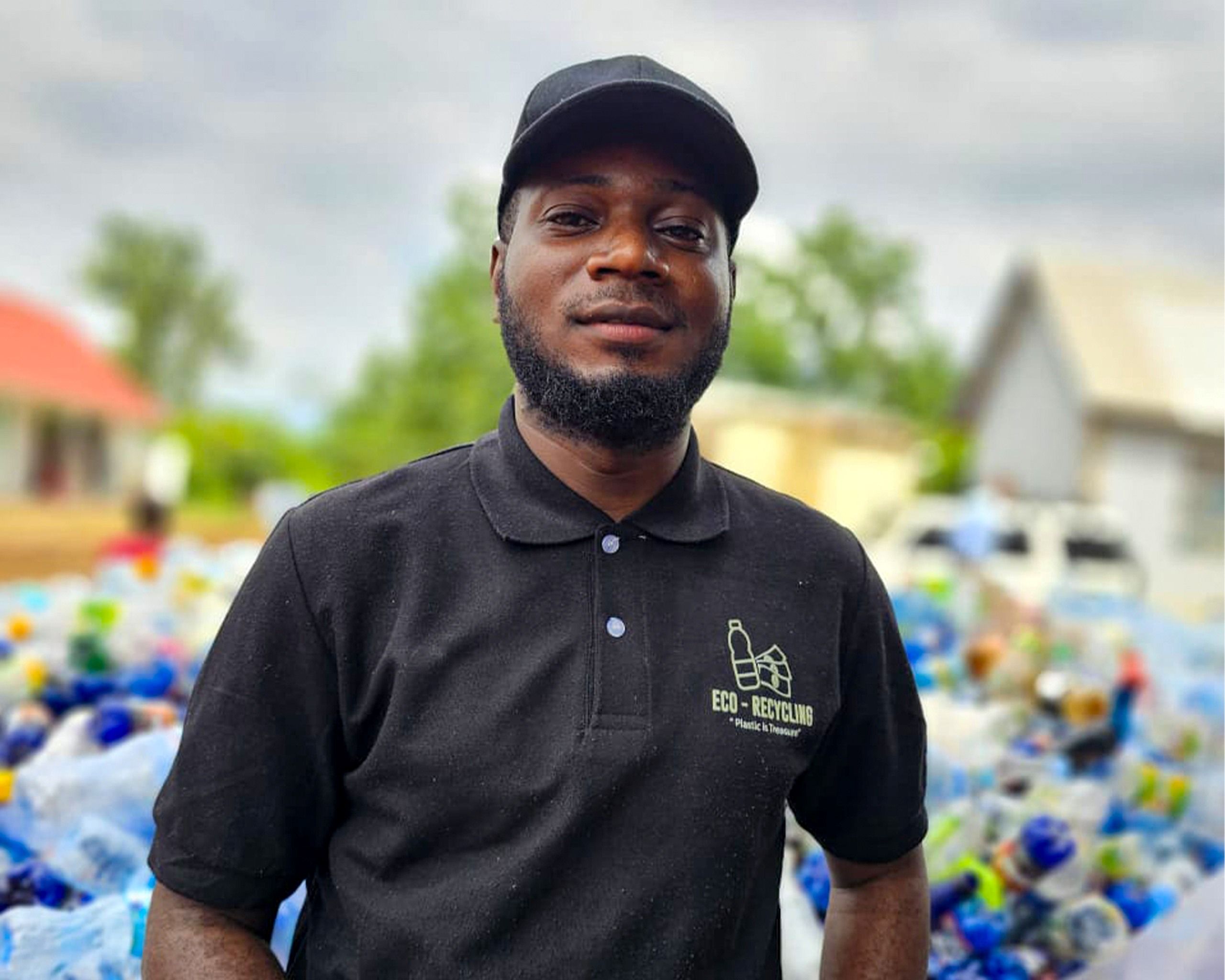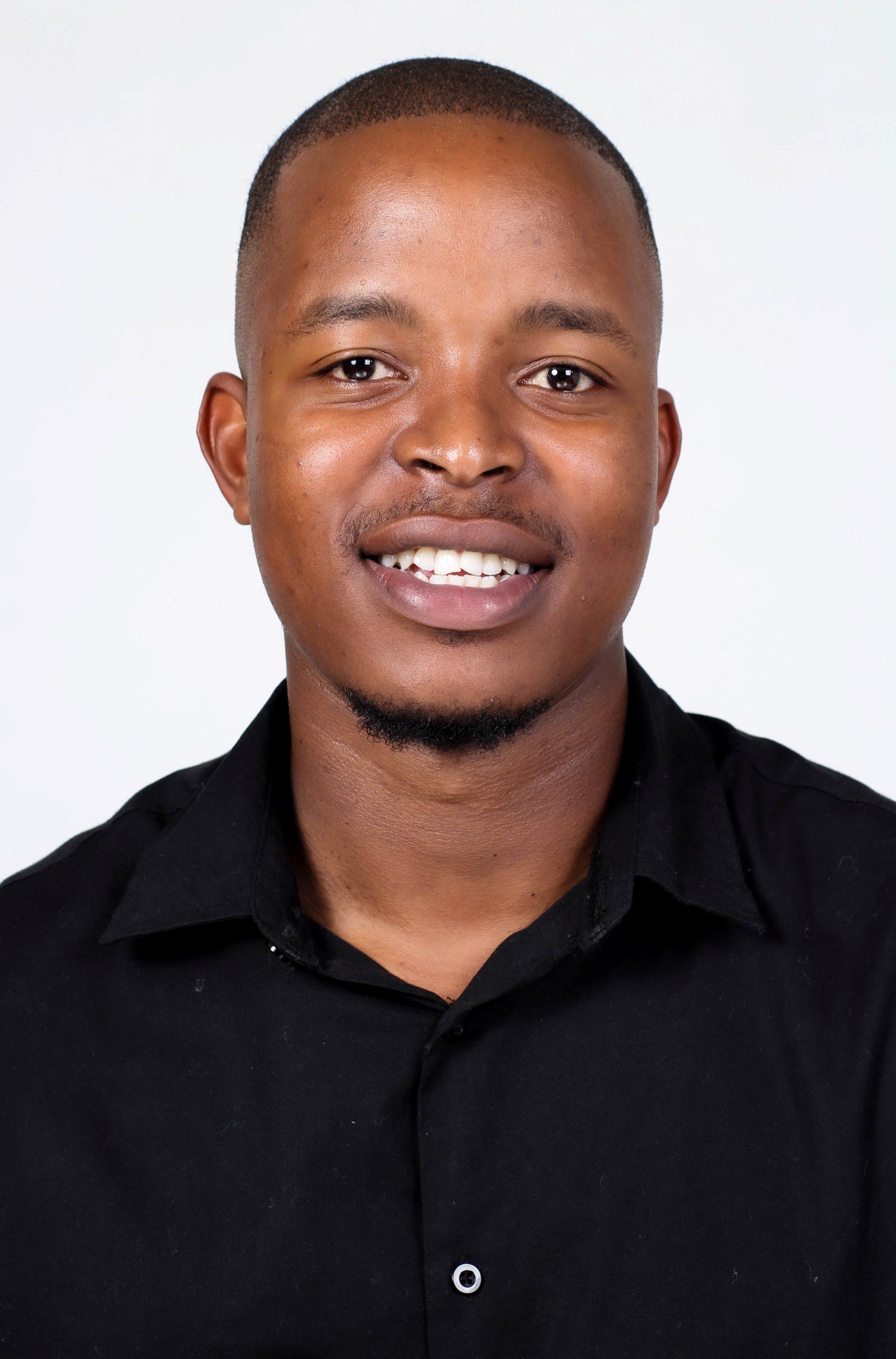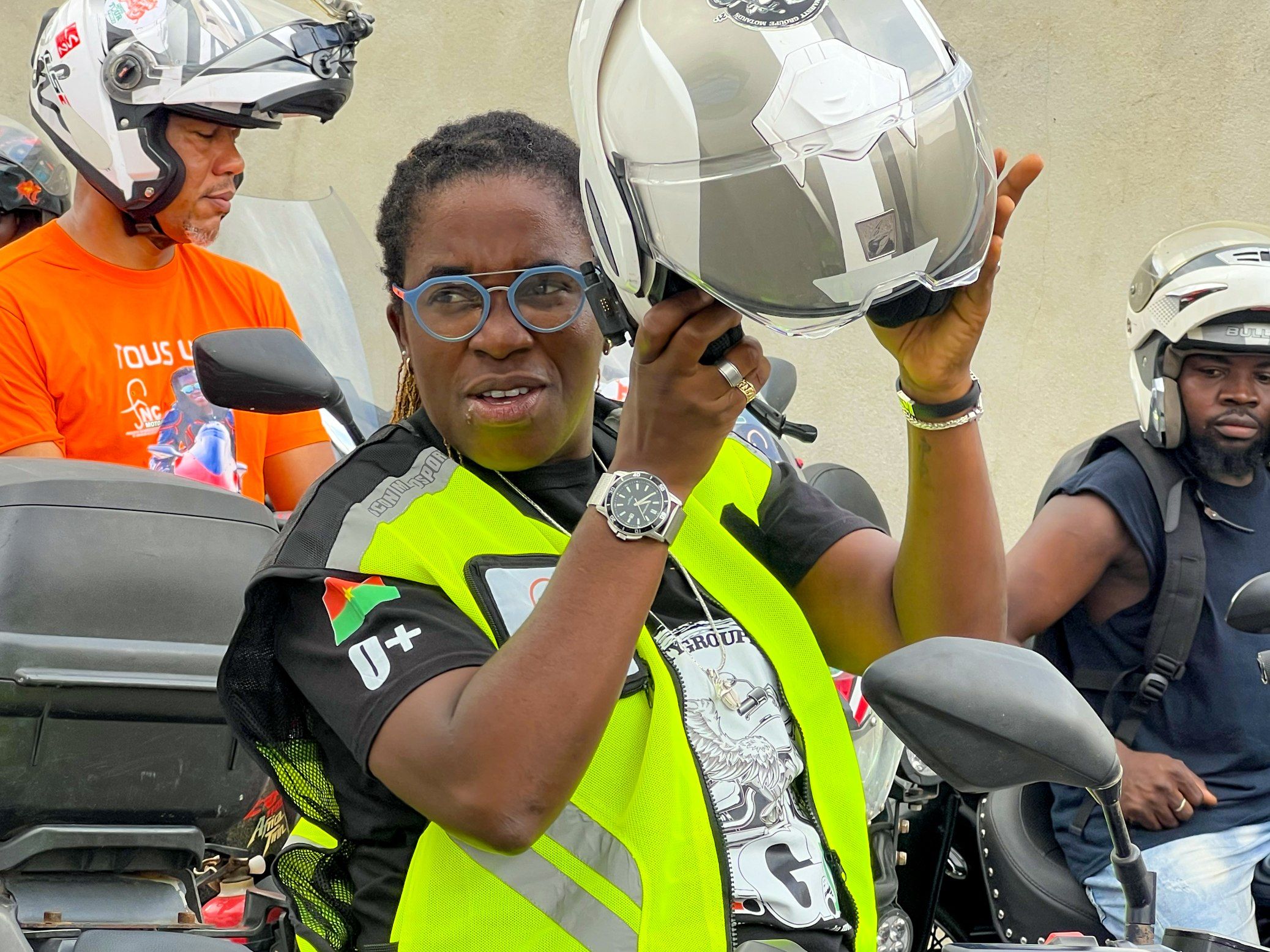Mbetsa, who made headlines in 2018 with a prototype for Africa's first human-carrying drone, is now on a mission to build the largest IOT service platform in the continent and has set up a factory to mass-produce tech sensors and devices.

By Anne Ndungu, bird story agency
For as long as he can remember, 32-year-old Morris Mbetsa's mission has been to disrupt the tech industry. Already well known for creating Africa's first human-carrying drone, he and his company Numeral IOT, have helped clients across Africa develop new products. That includes prototyping and manufacturing processes and bringing products to market.
A Mandela Washington Fellow, he was offered a three-month scholarship to the University of Notre Dame, where he received training in aeronautical engineering. After his fellowship, he interned with the technology giant IBM and returned to Kenya, where he was employed by Microsoft but resigned after ‘feeling underutilised’.
In this conversation, he talks about his entrepreneurial journey, his company's innovations and a soon-to-be-announced merger with a global tech brand.
In 2018, you made history when you created and unveiled Africa's first passenger drone. How was the innovation received, and how is it faring in the marketplace today?
The development of the drone taxi was met with excitement and concern from regulatory authorities and the public. On the one hand, our drone offered a range of exciting possibilities for enhancing efficiency and improving access to critical services like logistics where traditional infrastructure was lacking. On the other hand, there were concerns about safety, privacy, and potential misuse of this technology.
The project was a labour of love inspired by a desire to better the lives of African people.
As I started the project, I quickly realised it would require far more funds than anticipated. As a result, I was constrained to fund the project through small grants and well-wishers.
We pitched the project to a couple of investors, but it was deemed too risky and ahead of time. While the investors were impressed with the project's potential, they did not believe it was a sound investment.
We couldn't continue with the project without additional investors, prompting me to transition my focus to more practical devices that could be monetised.
What led you on this path of technology innovation?
Since I was a child, I have always had an interest in this field. I'm fascinated by electronics' inner workings and enjoy tinkering with them. I then realised that most of the hardware we use in Africa is imported from other countries and not always designed with the African market in mind.
This sparked a fire in me to establish a factory where I could manufacture critical electronics and make them available to the African masses. By doing so, we will be able to bridge the digital divide and provide more people with access to modern technology that will help them improve their lives.
That's why in 2019, I formed my company Numeral IOT. Numeral, suggests a focus on numbers, which are fundamental to binary computer languages, and reflects the digital nature of our company and IOT, shows our involvement in the Internet of Things.
Our company offers services to clients from Tanzania, Liberia, Ethiopia, and Kenya. We have a global perspective and are not geographically restricted.
By incorporating IOT into standard hardware, we create innovative products that are more intelligent, connected, and better suited to meet the needs of the African market.
Before setting up the company, you travelled to China for specialised training. What did you learn from there that has proved useful in your entrepreneurial career so far?
I observed firsthand how the tech factories operated and the manufacturing process worked. One thing that struck me was that most factory workers were low-skilled labourers whose jobs didn't require traditional school knowledge. This inspired me to work with my African people, even those with little education and provide employment opportunities for them.
I also made valuable connections with chip and component suppliers, who are crucial for our manufacturing. These connections have been beneficial in securing the necessary supplies and components for our manufacturing operations.

To date, what products has your company innovated and which one is your signature innovation?
Our company has produced several products, including speed governors, trackers, smart home devices such as smart bulbs and locks, security, and game-changing smart meters for gas, water, and electricity.
The Smart meters are revolutionary and unique in their features and capabilities. They offer solutions that are not available on the market and have opened doors for our company.
Due to our local manufacturing and the unique features of our smart meters, we have received significant interest and partnership opportunities from all over Africa.
What is the process of coming up with a new product at Numeral IOT?
Our research and development process is tailored to the scope, budget, and level of complexity of each project. Our team approaches research and development in a flexible and adaptable manner.
We base our decisions on large-order demands. We prioritise, however, understanding the needs and pain points of industry clients and organisations. Before producing a working prototype, the RND process typically takes at least three months. We take a systematic and thorough approach to R&D, critical for ensuring the final solution's quality and feasibility.
What new product are you working on currently?
Our team is working on large-scale projects ranging from the LPG (liquefied petroleum gas) to solar industries. This project is related to developing solutions that combine these two energy sources to create more efficient and sustainable energy solutions for disadvantaged communities.
We are also in advanced talks to partner with a global tech firm. I can’t get into the details because the process is ongoing, but all I can only say is to be on the lookout for the name Spearhead.Inc.
Where do you see your company in the next five years?
To become one of, if not the largest electronics manufacturer in Africa, with a strong focus on IOT technology. We envision having one of the continent's biggest IOT platforms, enabling Africans to get analytics on their connected devices at meagre costs.
This is an important goal that could significantly impact the development and adoption of IOT technology in Africa. We plan to accelerate the transition by having factories across the continent and investing in infrastructure and resources.
bird story agency

